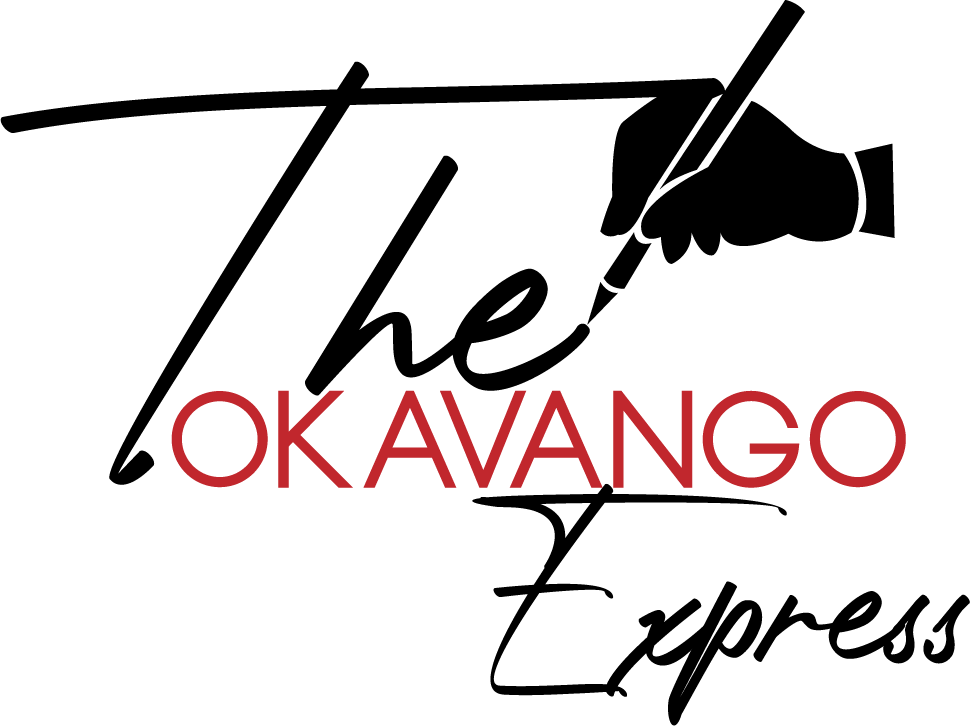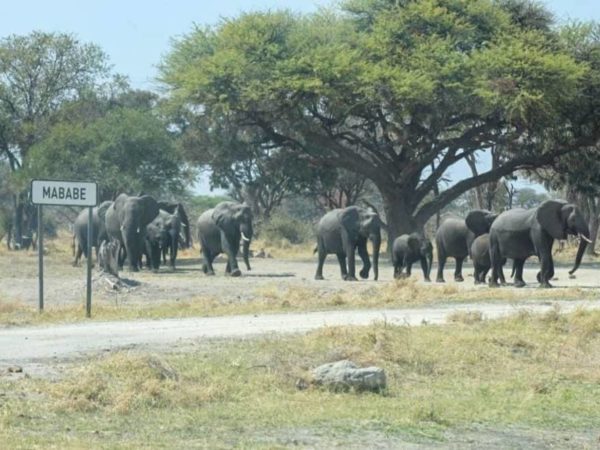Almost 10 years back while this journalist was still a rookie learning the ropes of telling the stories of human- wildlife co-existence in Botswana’s savannas, an interesting incident occurred in Mababe village.
A female school teacher was returning home when she found an uninvited guest taking a nap on her living room sofa. Like a domestic cat, she found a Leopard dozing lazily on her sofa having jumped through the back window. The big cat was only awakened by the door opening and screams of the frightened woman. It jumped out again through the same window disappearing in to the dark. No one was hurt.
Mababe, a village of about 300 people is situated about 125 kilometres North East of Maun, the biggest town in the area. The village is located on the banks of Khwai River which is mainstay of Mababe inhabitants and the abundant wildlife population their lives are dependent on.
Mababe Zokotsama Community Development Trust (MZCDT) chairperson Bofeletse Ruthano told the Okavango Express ‘’ Here we are literally living with wildlife. You can open a door at night to find a lion sleeping in front of the house. For us wild animals are like family. We live together. They know us. We know them. ‘’
However, living with wildlife is not anyone’s cup of tea, according to Ruthano who is one of the women leading conservation work in Botswana. ‘’ Living here means we can’t plough crops or rear livestock like other people in areas without wildlife concentration. People in other areas abhor wild animals because of the destruction they cause to livelihoods. We have given up on ploughing crops because of the elephants. We can’t rear cattle or goats because that is not allowed in this area by Government. Besides its almost impossible to rear cattle or goats in an area teeming with wildlife like Mababe.’’
Therefore, Mababe benefits from Botswana Government’s Community Based Natural Resources Programme aimed at achieving wildlife conservation and rural development. The trust was allocated user rights for NG 41, a tourism concession where they undertake tourism related activities for community employment creation and rural development.
Despite the tourism potential there are concerns of poaching and other related wildlife crimes experienced in the area according to Ruthano. MZCDT has a strong squad of ten community escort guides employed by trust to undertake wildlife monitoring in the concession. ‘’ our team of community escort guides has often encountered wild snares which caught lions and hyenas. It’s possible the snares were put to trap other game and end up trapping lions. We are concerned as trust about these cases as they could cause wildlife declines.’’
Ruthano explained that they regularly undertake community education in collaboration targeting Mababe residents on the importance of conservation. ‘’ we have made it clear for residents to know that putting of snares to trap wild animals is a crime. And the culprits when apprehended would face the law.
Ruthano added that the trust has embarked on provision of social amenities to the community. The trust funded water connection to all homes in Mababe and provide P 500.00 ($38.00) to 31 destitute and orphans in Mababe.
‘’ Our aim as MZCDT is to achieve conservation targets through utilization of the wildlife resources in the area. When people benefit from the resources, they see a need to conserve them. Already we are seeing the benefits. “MZCDT has employed more than 80 people from Mababe which is almost a quarter of Mababe population.’’
Trust Manager Vusi Khumalo told The Okavango Express that MZCDT has adopted a new management plan. In terms of the new management plan a new five-star camp will be constructed at Mababe Depression. The lodge will be constructed by their joint venture in the concession, African Field Sports. ‘ We have not yet finalised the land rental fees between us and AFS. The plan is for the trust to have some shareholding in the lodge. About more than 40 community members will be employed.
Meanwhile, Khumalo further explained that tourism bookings have begun to improve. ” Our situation is improving with the tourism recovery from covid. Tourists are booking our camp sites. These days we can even afford paying our staff month end.
Khumalo said they are leveraging on maximising the benefits from tourism by refurbishing their two campsites: Tsaa and Dizhana to bring them up to standards for tourists visiting the area.

